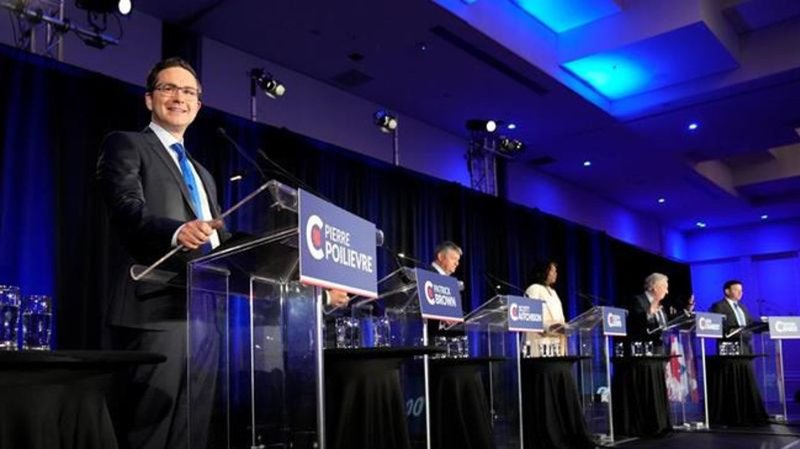
The Conservative leadership contest ends tonight and it’s Pierre Poilievre’s to lose
OTTAWA — It’s finally here.
The Conservative Party of Canada will announce its next leader in Ottawa tonight, after candidates and supporters spent the past seven months on its third leadership contest in six years.
As candidates wait at the finish line, party members have their eyes not only on who will win, but also on the margin of victory.
Expectations are high for veteran Conservative Pierre Poilievre, who ran a populist campaign around the theme of “freedom” in his bid to score the top prize.

